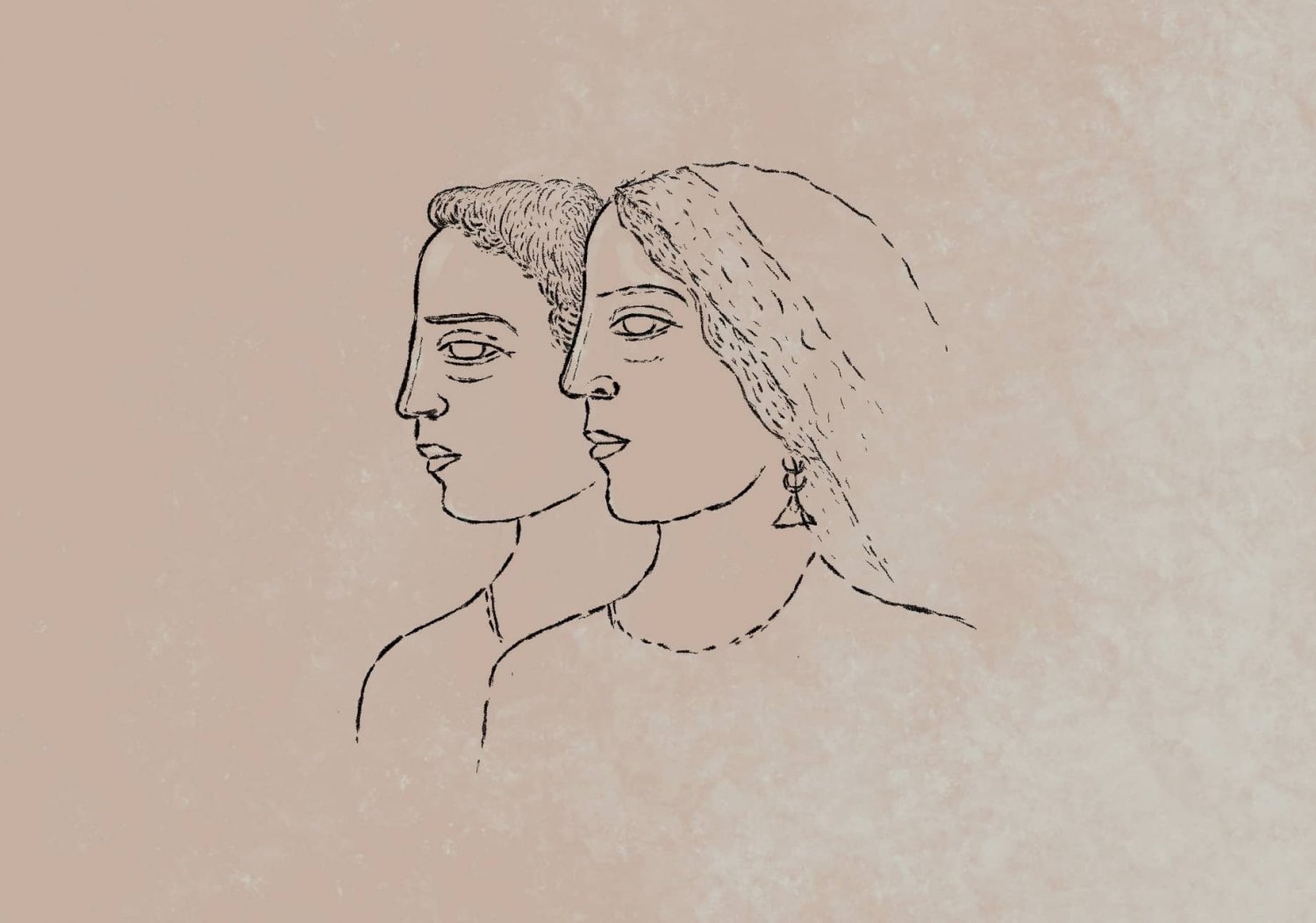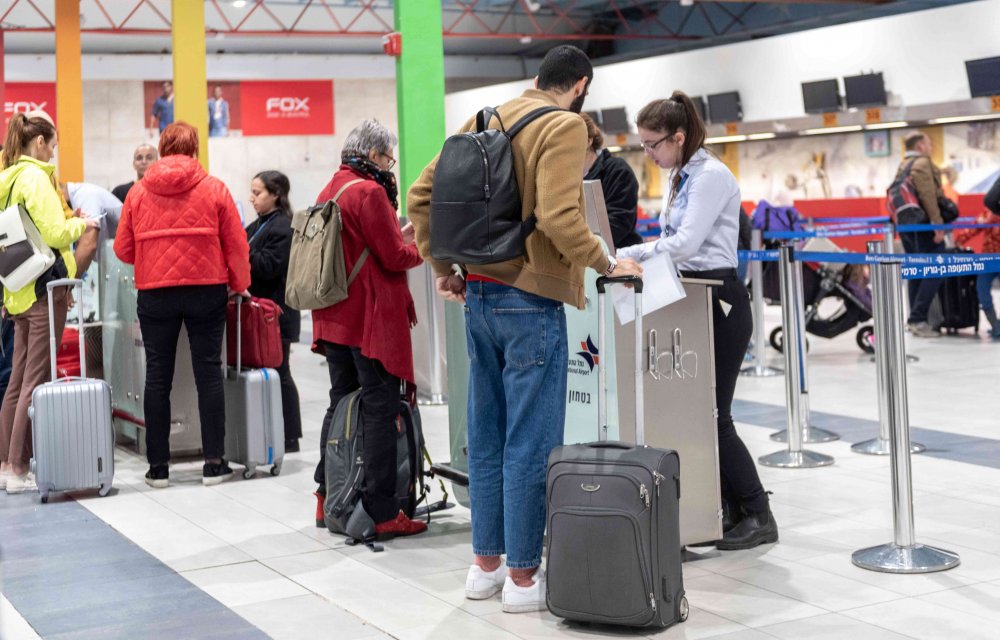Karam added, “when they asked me about my parents, I told them that when I turned 18, I moved out of my parents’ house and was now living independently. Revoke their residency. Stop their health insurance. They don’t care. They both live in the West Bank and their ‘center of life’ is out of Jerusalem. I live with my brother now, in Jerusalem. This is the important thing. Give me my ID.” Karam got emotional while recounting this. He raised his voice and that was the only time the beautiful smile on his face disappeared.
At the age of 23, Karam finally had his ID card in his hand. Immediately he went straight to his parents’ house. When his mother opened the door and saw him holding his ID, she started to cry.
Karam moved to his own apartment, and he now lives and works in Jerusalem. He opened a bank account, bought a car, and has health insurance. These things made him finally feel more secure.
Karam is not thinking of applying for Israeli citizenship to feel safer in Jerusalem. “The only reason I would consider acquiring citizenship—not necessarily Israeli—is to make my international travel easier. I would not have to apply for a visa. I would be a citizen of a country at the airport; I would not be stateless,” he said.
As for acquiring Israeli citizenship, he rejected the idea. “Why would I? I will never apply. Applying for Israeli citizenship feels filthy and like collaboration with the occupation. I would be humiliating myself.” He added, however, “I prefer to die before they prevent me from living in Jerusalem.”
Although Karam is forced to live and work in Jerusalem to keep his permanent-resident ID and social benefits, he doesn’t think that acquiring Israeli citizenship will make his life easier.
When asked about stigma against acquiring Israeli citizenship from the Palestinian community, Karam answered, “I have other social stigmas to deal with. Acquiring citizenship means learning Hebrew, pledging loyalty to the occupation. I do not accept this. It is not the social stigma that is the problem. Citizenship is an Israeli way to make us Palestinian Jerusalemites ‘behave better’; it will make us hesitate to even publish a post on Facebook against Israel. It is a behavior-controlling tool. It is filthy and should be fought against.” He thinks that Israel encourages Palestinian Jerusalemites to apply for citizenship as a way to control them and to erase Palestinian identity and collective memory; therefore, he eschews this option.


